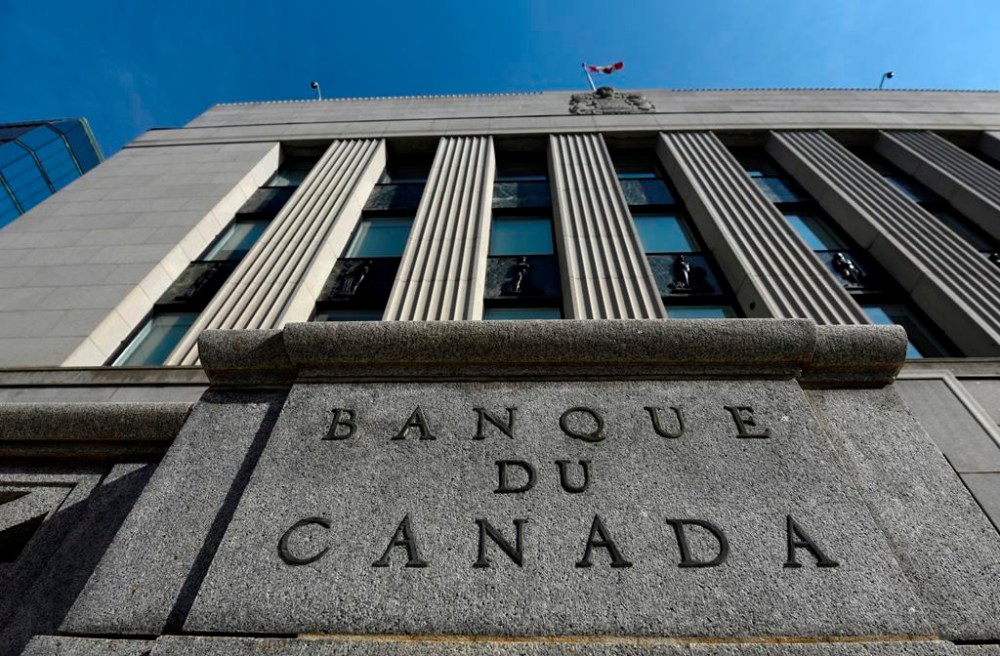Risk of shock to financial system down, but concerns linger: Bank of Canada survey
Advertisement
Read this article for free:
or
Already have an account? Log in here »
To continue reading, please subscribe:
Monthly Digital Subscription
$1 per week for 24 weeks*
- Enjoy unlimited reading on winnipegfreepress.com
- Read the E-Edition, our digital replica newspaper
- Access News Break, our award-winning app
- Play interactive puzzles
*Billed as $4.00 plus GST every four weeks. After 24 weeks, price increases to the regular rate of $19.00 plus GST every four weeks. Offer available to new and qualified returning subscribers only. Cancel any time.
Monthly Digital Subscription
$4.75/week*
- Enjoy unlimited reading on winnipegfreepress.com
- Read the E-Edition, our digital replica newspaper
- Access News Break, our award-winning app
- Play interactive puzzles
*Billed as $19 plus GST every four weeks. Cancel any time.
To continue reading, please subscribe:
Add Free Press access to your Brandon Sun subscription for only an additional
$1 for the first 4 weeks*
*Your next subscription payment will increase by $1.00 and you will be charged $16.99 plus GST for four weeks. After four weeks, your payment will increase to $23.99 plus GST every four weeks.
Read unlimited articles for free today:
or
Already have an account? Log in here »
Hey there, time traveller!
This article was published 15/05/2023 (892 days ago), so information in it may no longer be current.
OTTAWA – Risk management experts believe the likelihood of a shock that could impair the Canadian financial system has decreased since last year, but concern remains around geopolitical tensions, high inflation, unemployment and household debt burdens.
The Bank of Canada’s 2023 Financial System Survey shows that confidence in the resilience of the Canadian financial system is at its highest level since the central bank’s first such survey in 2018.
Experts cite a well-capitalized banking sector and well-regulated financial system, saying they expect regulators, central banks and governments would intervene in the event of a significant shock.

Respondents who believe the likelihood of a shock is greater in the next one to three years say they are concerned that high inflation could linger and quantitative tightening could lead to deteriorated market liquidity.
They say a successful cyber attack on a Canadian financial institution or major financial market infrastructure could result in system-wide disruptions, while geopolitical tensions could weigh on the pricing of risk assets globally.
The survey was completed by 58 senior experts in risk management between Feb. 21 and March 10.
This report by The Canadian Press was first published May 15, 2023.


